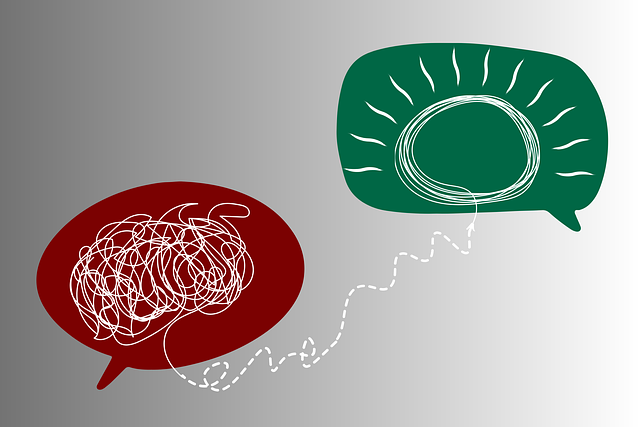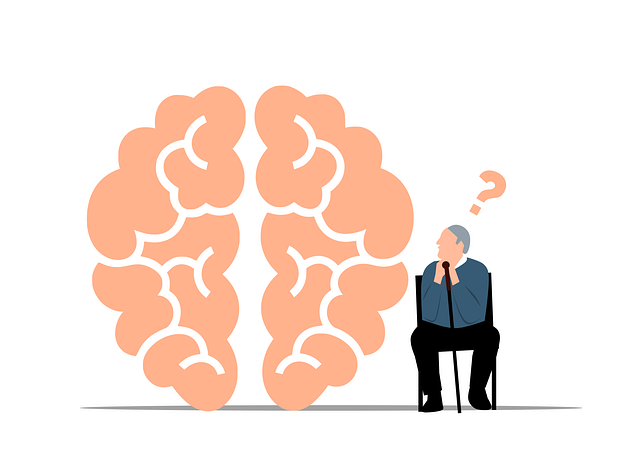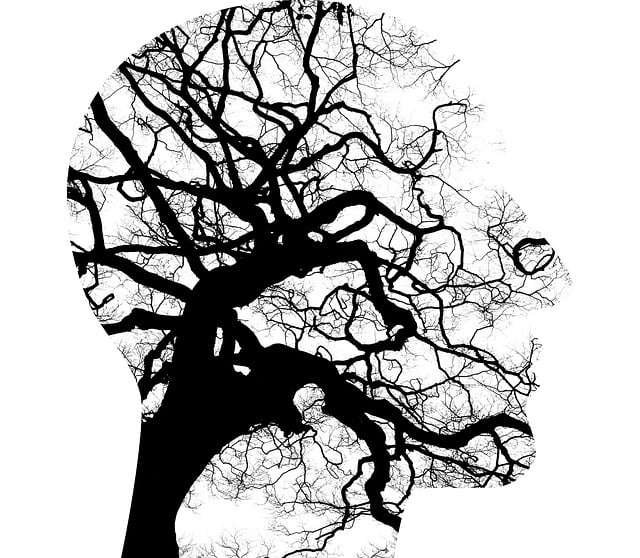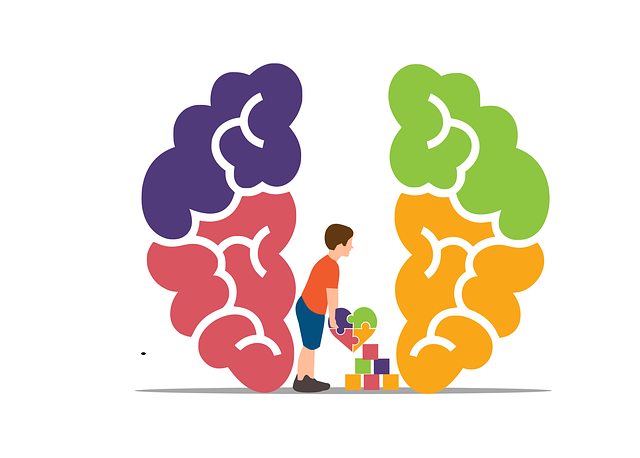Denver Gender-Affirming Care Therapy (DGACT) offers a holistic group therapy approach for mental wellness and gender identity exploration. Facilitators create a safe, inclusive environment through open dialogue, cultural competency training, and empathy-building techniques. Active listening, inclusive language, and mindfulness practices empower participants to share experiences, enhance self-esteem, build connections, and navigate challenges with resilience. DGACT's comprehensive framework benefits individuals and contributes to a supportive community culture for gender-affirming care.
“Unleashing the power of collective support, this article explores Denver Gender-Affirming Care Therapy as a framework for effective group facilitation. We delve into strategies to create safe, inclusive environments, fostering trust and connection among participants. Discover how nuanced communication techniques enhance group dynamics, enabling members to support emotional well-being and personal growth. By implementing these practices, facilitators can transform groups into thriving spaces where every individual feels seen, heard, and empowered.”
- Understanding Denver Gender-Affirming Care Therapy: A Framework for Group Facilitation
- Creating a Safe and Inclusive Environment: Building Trust and Connection
- Effective Communication Strategies for Group Dynamics
- Techniques for Supporting Emotional Well-being and Growth in Group Settings
Understanding Denver Gender-Affirming Care Therapy: A Framework for Group Facilitation

Denver Gender-Affirming Care Therapy (DGACT) offers a unique framework for group facilitation, emphasizing a holistic approach to mental wellness. This therapy model is designed to support individuals navigating gender identity and expression, fostering a safe space for exploration and self-acceptance. By incorporating DGACT principles, facilitators can create an inclusive environment that encourages emotional regulation and enhances understanding of diverse gender experiences.
Group sessions centered around DGACT facilitate open dialogue and mental health education programs design tailored to the specific needs of participants. Facilitators play a crucial role in ensuring healthcare provider cultural competency training is integrated into these programs, promoting empathy and effective communication. This approach not only improves individual well-being but also contributes to a broader culture of acceptance and support for gender-affirming care within the community.
Creating a Safe and Inclusive Environment: Building Trust and Connection

Creating a safe and inclusive environment is paramount when facilitating mental wellness groups. This begins with establishing trust among group members from diverse backgrounds, including those seeking Denver Gender-Affirming Care Therapy. Group facilitators must prioritize creating a non-judgmental space where every individual feels seen, heard, and respected. Encouraging open dialogue, validating personal experiences, and fostering empathy are key techniques to build connection and strengthen the therapeutic bond.
By prioritizing these aspects, mental wellness coaches can enhance group cohesion and facilitate meaningful interactions. This supportive atmosphere not only promotes a sense of belonging but also encourages members to share their stories and support one another. Moreover, this inclusive approach aligns with best practices in risk assessment for mental health professionals, ensuring that all participants feel safe to explore sensitive topics and work towards anxiety relief through collective understanding and acceptance.
Effective Communication Strategies for Group Dynamics

In facilitating mental wellness groups, effective communication strategies are paramount to fostering a safe and supportive environment. One key technique is active listening, where facilitators pay close attention to each participant’s experiences and emotions, ensuring everyone feels heard and validated. This approach encourages open dialogue, allowing individuals to express themselves freely, which is essential for building trust within the group.
Additionally, using inclusive language that aligns with Denver Gender-Affirming Care Therapy principles helps create a welcoming atmosphere. Facilitators should avoid judgmental or stigmatizing terms, promoting instead a space where diverse identities and perspectives are respected. By incorporating these communication strategies, facilitators can enhance mental health awareness, prevent burnout among participants, and improve overall mood management within the group dynamic.
Techniques for Supporting Emotional Well-being and Growth in Group Settings

In facilitating mental wellness groups, a key aspect of supporting emotional well-being and growth lies in creating a safe and inclusive space where every individual feels seen and validated. This begins with establishing clear ground rules that emphasize respect, empathy, and confidentiality. Techniques such as active listening and non-judgmental feedback empower participants to express their feelings openly, fostering an environment conducive to self-reflection and emotional healing.
Group activities tailored for emotional growth, like mindfulness exercises, creative expression workshops, and peer support circles, play a vital role in Denver Gender-Affirming Care Therapy. These activities not only help individuals develop healthy coping mechanisms but also promote self-esteem improvement and confidence boosting. Encouraging the sharing of personal experiences and stories can build connections among group members, enhancing their sense of belonging. Moreover, integrating self-care practices into group sessions allows participants to learn and practice techniques that support overall mental wellness, ensuring they leave each session feeling empowered and equipped to navigate life’s challenges.
Denver Gender-Affirming Care Therapy provides a powerful framework for group facilitation, prioritizing trust, connection, and emotional support. By creating safe spaces that embrace diversity, facilitators can leverage effective communication strategies to foster inclusive environments. Techniques focused on emotional well-being and growth empower individuals within these groups, ultimately enhancing their mental wellness journeys.














